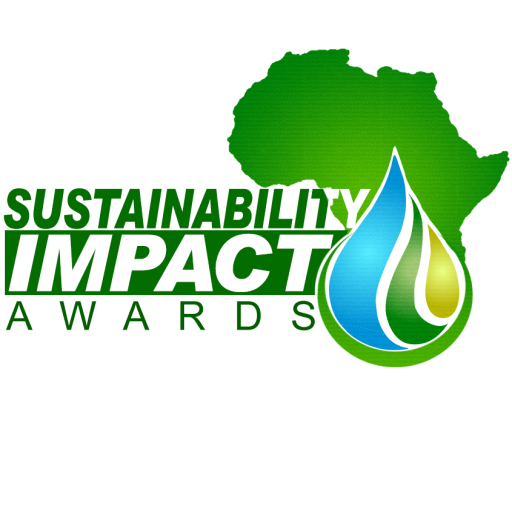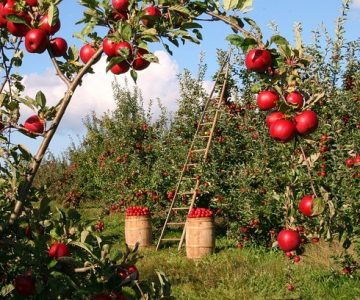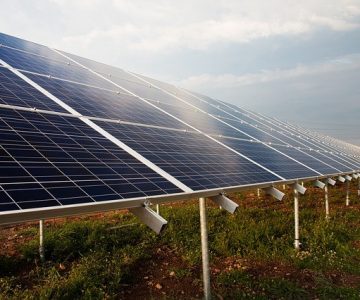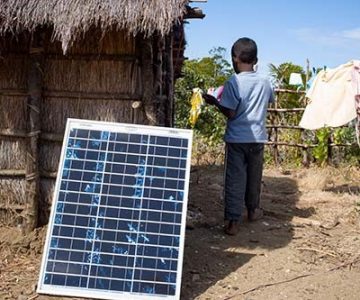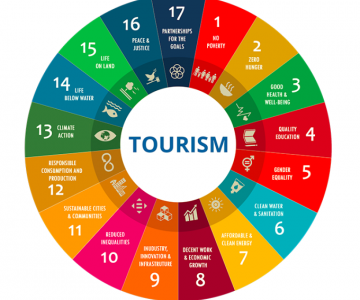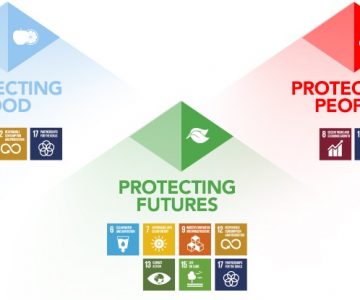Sustainability Impact 2020 Kenya now open for registration!
Send us an email today at awards@susinaf.org or sign up online.
Introduction
Sustainability Impact Awards bring together innovators and innovations by Africans that seek to address the various social economic and environmental problems experienced in the continent. The awards seek to provide a platform for the many cutting edge innovations that are not able to come to the fore due to lack of a platform to showcase them
Sustainability is the process of people maintaining change in a balanced environment, in which the exploitation of resources,
the direction of investments, the orientation of technological development and institutional change are all in harmony and enhance both current and future potential to meet human needs and aspirations. Sustainability focuses on meeting the needs of the present without compromising the ability of future generations to meet their needs. The concept of sustainability is composed of three pillars: economic, environmental, and social—also known informally as profits, planet, and people.
Sustainable impact ensures that there is positive impact on the lives of beneficiaries by any innovation and that it lives on and on for generations. The concept of sustainability and Impact was born through a series of happenings and events in the world, all seeking to address the effect man has had on the planet and how livelihoods of the earth’s inhabitants can be better without negative impacts to the environment.
The Sustainability Impact Awards are aligned to the following Sustainable Development Goals;
The concept of sustainability
June 1992
• In June 1992, at the Earth Summit in Rio de Janeiro, Brazil, more than 178 countries adopted Agenda 21, a comprehensive plan of action to build a global partnership for sustainable development to improve human lives and protect the environment.
September 2000
• Member States unanimously adopted the Millennium Declaration at the Millennium Summit in September 2000 at UN Headquarters in New York. The Summit led to the elaboration of eight Millennium Development Goals (MDGs) to reduce extreme poverty by 2015.
South Africa, 2002
• The Johannesburg Declaration on Sustainable Development and the Plan of Implementation, adopted at the World Summit on Sustainable Development in South Africa in 2002, reaffirmed the global community’s commitments to poverty eradication and the environment, and built on Agenda 21 and the Millennium Declaration by including more emphasis on multilateral partnerships.
June 2012
- At the United Nations Conference on Sustainable Development (Rio+20) in Rio de Janeiro, Brazil, in June 2012, Member States adopted the outcome document “The Future We Want” in which they decided, inter alia, to launch a process to develop a set of SDGs to build upon the MDGs and to establish the UN High-level Political Forum on Sustainable Development. The Rio +20 outcome also contained other measures for implementing sustainable development, including mandates for future programmes of work in development financing, small island developing states and more.
In 2013
• In 2013, the General Assembly set up a 30-member Open Working Group to develop a proposal on the SDGs.
January 2015
- In January 2015, the General Assembly began the negotiation process on the post-2015 development agenda. The process culminated in the subsequent adoption of the 2030 Agenda for Sustainable Development, with 17 SDGs at its core, at the UN Sustainable Development Summit in September 2015.
Year 2015
• 2015 was a landmark year for multilateralism and international policy shaping, with the adoption of several major agreements:
o Sendai Framework for Disaster Risk Reduction (March 2015)
o Addis Ababa Action Agenda on Financing for Development (July 2015)
o Transforming our world: the 2030 Agenda for Sustainable Development with its 17 SDGs was adopted at the UN Sustainable Development Summit in New York in September 2015.
o Paris Agreement on Climate Change (December 2015)Now
• Now, the annual High-level Political Forum on Sustainable Development serves as the central UN platform for the follow-up and review of the SDGs.
The Process
“Sustainable Impact serves as a guiding principle for how we conduct business and create solutions that are changing the world.”
Sectors and Categories
The awards seek to award innovations in 5 regions of Africa in the following sectors and categories:
Sustainable Agriculture
Innovations that provide solutions to farming in sustainable ways (meeting society’s food and textile needs in the present without compromising the ability of future generations to meet their own needs) based on an understanding of ecosystem services, the study of relationships between organisms and their environment.
Sustainable Energy
Innovations around energy use that meets the needs of the present without compromising the ability of future generations to meet their own needs. “Sustainable energy” strategies generally have two pillars: cleaner methods of producing energy and energy conservation. These include Solar, wind, geothermal, tidal, biofuels and other innovations in clean or renewable energy.
Sustainable Packaging
Innovations in packaging that are beneficial, safe, and healthy for individuals and communities throughout their life cycle, Meets market criteria for both performance and cost, are sourced, manufactured, transported, and recycled using renewable energy, optimizes the use of renewable or recycled source materials, are manufactured using clean production technologies and best practices, are made from materials that are healthy throughout the life cycle and physically designed to optimize materials and energy
Sustainable water and waste management
Innovations in packaging that are beneficial, safe, and healthy for individuals and communities throughout their life cycle, Meets market criteria for both performance and cost, are sourced, manufactured, transported, and recycled using renewable energy, optimizes the use of renewable or recycled source materials, are manufactured using clean production technologies and best practices, are made from materials that are healthy throughout the life cycle and physically designed to optimize materials and energy
Sustainable housing and transport systems
Innovations in Sustainable tourism promote the concept of visiting somewhere as a tourist and trying to make a positive impact on the environment, society, and economy. Innovations will make optimal use of environmental resources that constitute a key element in tourism development, maintaining essential ecological processes and helping to conserve natural heritage and biodiversity, respect the socio-cultural authenticity of host communities, conserve their built and living cultural heritage and traditional values, and are viable, long-term economic operations, providing socio-economic benefits to all stakeholders contributing to poverty alleviation.
Sustainable tourism and travel
Innovations in Sustainable Housing provides for quality, energy efficient, affordable, good quality housing and provide economic, social and environmental sustainability. Innovations in Sustainable transport systems make a positive contribution to the environmental, social and economic sustainability of the communities they serve, and provide social and economic connections, improve mobility and have low carbon emissions. They do not use or rely on dwindling natural resources, but on renewable or regenerated energy rather than fossil fuels that have a finite life expectancy.
Sustainability reporting
Sustainability reporting enables organizations to consider their impacts of wide range of sustainability issues, enabling them to be more transparent about the risks and opportunities they face. A sustainability report is a report published by a company or organization about the economic, environmental and social impacts caused by its everyday activities. A sustainability report also presents the organization’s values and governance model, and demonstrates the link between its strategy and its commitment to a sustainable global economy. We will recognize organizations or companies that report vividly about their involvement in sustainability and impact projects.
To participate and partnership
We are seeking partners to be part of the event in these categories;
Media partners, Hotel partners, Organization partners, Panel discussion partners/ sponsors, Exhibitors, Award sponsors, Government partners, Key note speakers/ Sponsor of sessions and Funding partners
